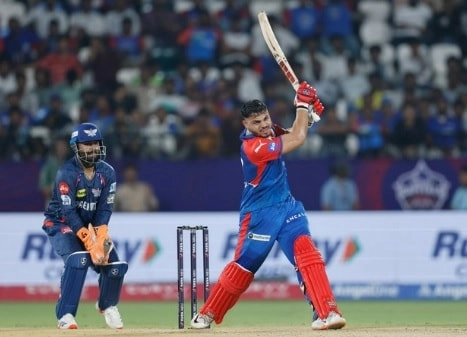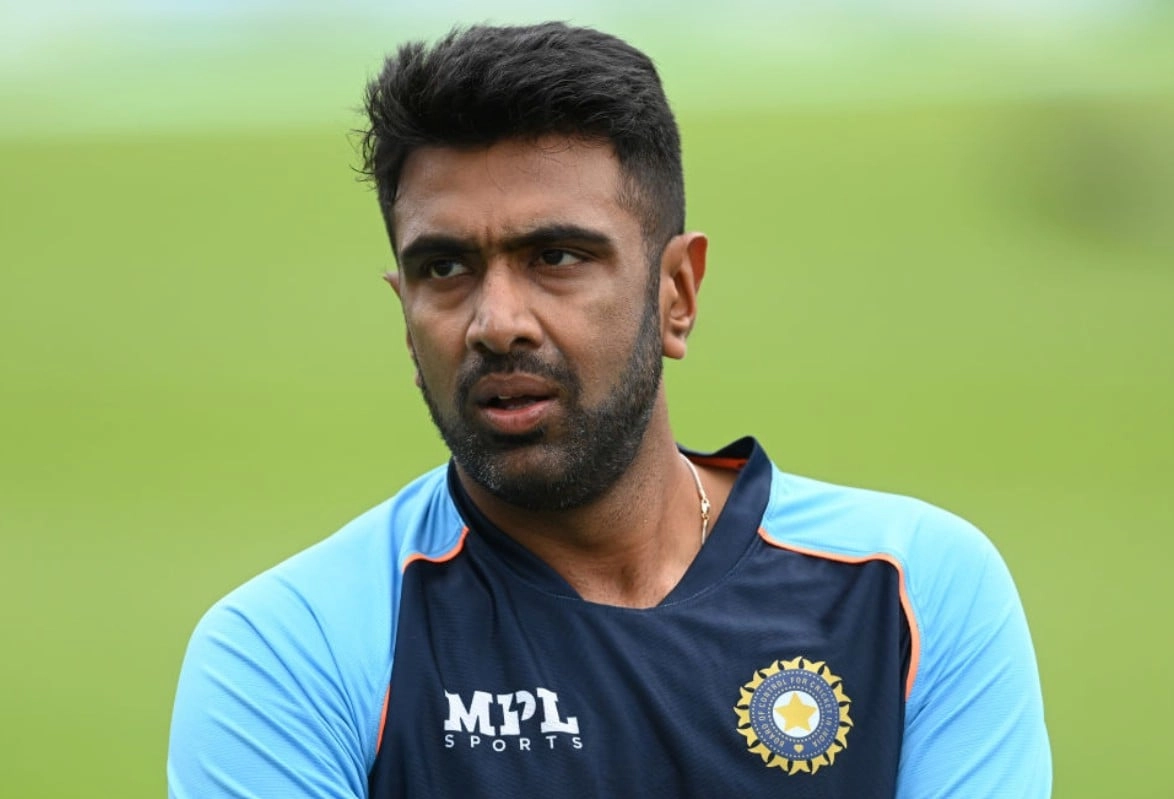Sunil Gavaskar, the legendary former Indian cricketer, recently made headlines with his remarks regarding fellow cricketing icon Kapil Dev’s fitness. Gavaskar’s comments come at a time when the fitness standards of current fast bowlers in India are under scrutiny. His choice of words, notably the phrase “Did what his profession required,” seems to imply a stark comparison between the fitness regimes of past and present cricketers. This statement not only highlights the dedication of players like Kapil Dev but also raises questions about the current generation of pacers and their approach to physical fitness.
Kapil Dev, who led India to its first World Cup victory in 1983, was known for his exceptional all-round abilities and an unwavering commitment to the game. His fitness was a topic of admiration during his playing days, and Gavaskar’s comments seem to serve as a reminder of the discipline and hard work that defined the earlier generations of cricketers. In contrast, the modern era has seen an evolution in training methods and fitness protocols, but there are also concerns that some players may not be living up to the standards set by their predecessors. Gavaskar’s remarks could be perceived as a call to action for current players to elevate their fitness levels, emphasizing that being fit is not just a personal commitment but a professional necessity in the demanding world of cricket.
The underlying message in Gavaskar’s statement reflects a broader conversation about the importance of fitness in sports, particularly in cricket, where the physical demands on players can be intense. Fast bowlers, in particular, require not only skill and technique but also exceptional endurance and agility to perform at their best. As the game has evolved, so too have the expectations of fitness; thus, Gavaskar’s comments resonate with coaches, players, and fans alike, urging a return to the fundamentals that defined the greats of the past. In a way, his jibe serves as a wake-up call, encouraging contemporary cricketers to take their fitness seriously and to understand that it is an integral part of their success on the field.
Ultimately, Gavaskar’s remark on Kapil Dev’s fitness is more than just a nostalgic reflection on cricket’s past; it is a poignant reminder of the values that should continue to guide the sport today. As the debate over fitness in cricket continues, it is essential for players and governing bodies to foster a culture that prioritizes physical well-being, recognizing that a fit player is not only better equipped to handle the rigors of the game but also able to contribute positively to the team’s overall performance. In this light, Gavaskar’s words could inspire a renewed commitment to fitness among today’s cricketers, ensuring that the legacy of hard work and discipline lives on in the sport.




